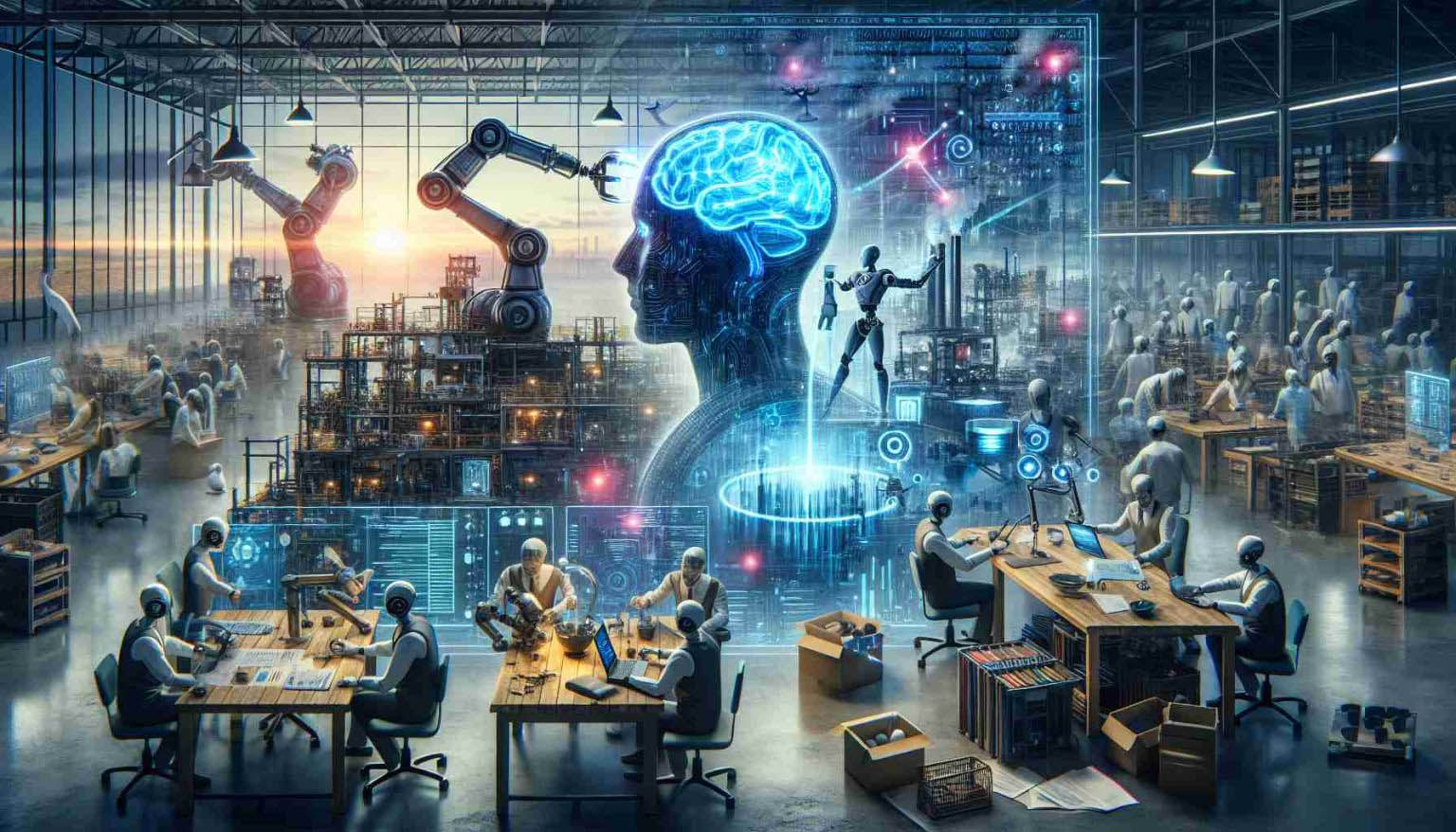Technology: As artificial intelligence (AI) continues to infiltrate various sectors, its impact on job markets continues to grow. Recent findings from a study published by an investment fund suggest that around 40% of jobs globally are at risk from AI advancement. This phenomenon is particularly notable in industries such as banking and accounting, where routine tasks are likely to be automated.
The implications of AI are expected to significantly alter the employment landscape, especially in Romania, where many industries are slowly starting to evaluate the changes. Experts point to potential disruption in entry-level positions due to increased competition and a decrease in job availability. While many are concerned about the potential loss of jobs, the underlying aim is to increase operational efficiency.
In Europe, some banks are already announcing staff cuts, opting to implement AI-powered automation systems instead. Notably, in Italy there are reports that one bank plans to cut around 2,000 positions over the next few years in favour of efficiency technologies.
While many fear the replacement of jobs by machines, there is an opportunity for synergies, particularly in sectors such as healthcare, where AI could help improve diagnosis accuracy. Furthermore, the education sector is exploring the potential of AI-powered learning systems that customize learning experiences according to the needs of individual students.
In conclusion, as AI technologies evolve, job markets must also adapt. The challenge is not in resisting these changes, but in finding innovative ways to integrate AI’s capabilities into the workforce
